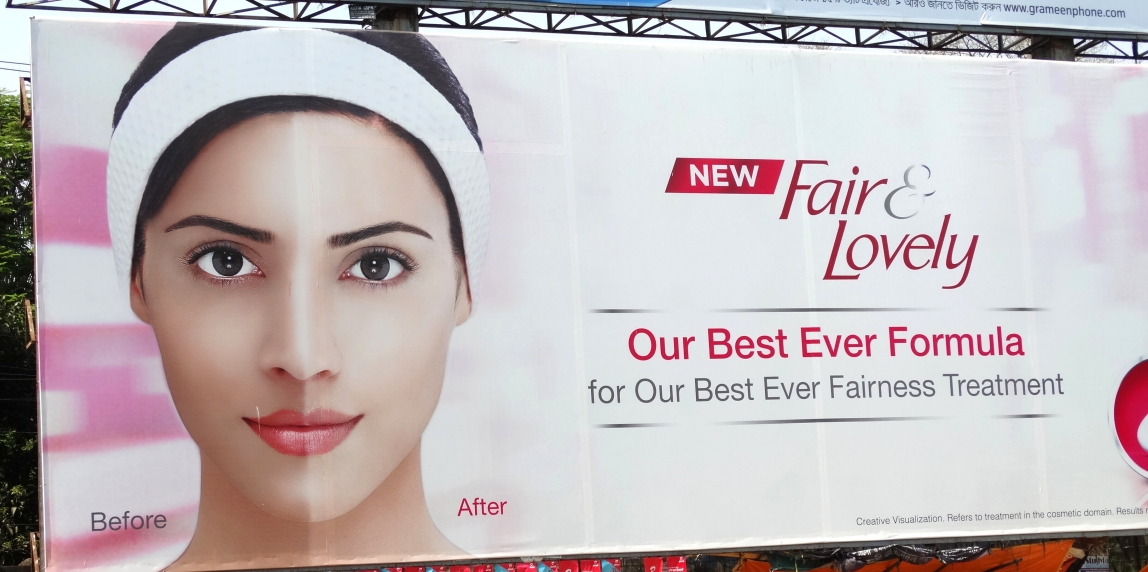Racism around the world is well documented, but many people don’t realise that it can occur not just when one race discriminates against another, but within a single racial group. BY KELLY MUTIZIRA
Colourism is a form of prejudice or discrimination against dark skinned people in favour of those with lighter skin complexion from the same race. It can come from both an external racial group or occur within the same racial group.
Actress Lupita Nyong’o summarised colourism perfectly when she said: “Colourism is the daughter of racism in a world that rewards lighter skin over darker skin.”
Skin bleaching, lightening and whitening is only one expression of colourism, and it’s not a new phenomenon in Africa. It has been around for decades, and the cosmetic industry takes advantage of Black and Brown women’s craze for lighter skin.
As the world undergoes a racial reckoning with the Black Lives Matter movement and the battle against systemic racism, cosmetic companies are now unveiling major changes to address the longstanding controversy of selling and marketing skin lightening products, mostly in Asian, African, and Middle Eastern countries.
This year Johnson & Johnson announced that it will halt selling certain Neutrogena and Clean & Clear product lines in Asia that were promoted as dark spot reducers and skin whiteners. Unilever followed suit, announcing it will revamp certain terms and names of skin lightening products, especially its Fair & Lovely products, which are prominent in India. L’Oréal announced that it will remove the words “white,” “fairness,” and “light” from its products.
But renaming the products doesn’t mean anything – it’s still just colourism by another word. It doesn’t address the colourism that their products perpetuate.
read more: In Conversation With Lynn Thomas, Author Of Book On Skin Lighteners
Colourism goes back to slavery, colonialism, and segregation. It is a seed that was planted by white supremacy and watered within our own communities as Black and Brown people. Its roots still lie very much in the mainstream: the idea that we live on a colour-coded spectrum in which the lighter you are, the whiter and therefore, better. Darker skin has been deemed undesirable and equated with being poor in many cultures due to Western colonialism and exposure to Eurocentric wealth and beauty.
Most skin bleaching, lightening and whitening products contain harmful ingredients such as hydroquinone and steroids that inhibit the production of melanin. The World Health Organisation warns that skin bleaching can cause liver and kidney damage, psychosis, brain damage in fetuses and cancer. But yet, people are willing to pay the high price in the name of beauty and privilege.
Read more: The dangers of aspiring to be the light-skinned woman on the billboard
Yes, the choice to use skin bleaching, lightening and whitening products is a personal one, and certain products do have their place in the world of skincare. When used correctly and with guidance from a dermatologist, they can treat common skin issues and concerns like hyperpigmentation, aging spots, melasma and uneven skin tone.
But unfortunately, the reality is that light skin is deemed superior in society, and the cosmetic industry will continue to perpetuate racism and colourism in society to maintain White beauty standards while making a profit. It is our duty as consumers to interrogate how these politics are promoted to us, and to understand how we internalise and project their oftentimes damaging, racist messaging.
Read more: 5 more racist ads that will make you go WTF









